Description
The thesis of the book is that the displacement of the Palestinians during the 1948 Palestine war was an objective of the Zionist movement and a must for the establishment of Israel as a Jewish state.[1] According to Pappé, the 1948 Palestinian expulsion and flight resulted from a planned ethnic cleansing of Palestine that was implemented by David Ben-Gurion and a group of advisors referred to by Pappé as “the Consultancy”. The book argues that the ethnic cleansing was put into effect through systematic expulsions of about 500 Arab villages, as well as terrorist attacks executed mainly by members of the Irgun and Haganah troops against the civilian population. Ilan Pappé also refers to Plan Dalet and to the village files as a proof of the planned expulsions

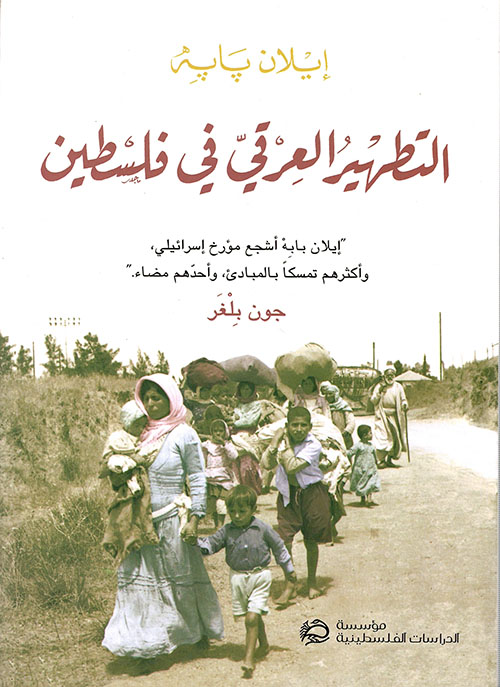
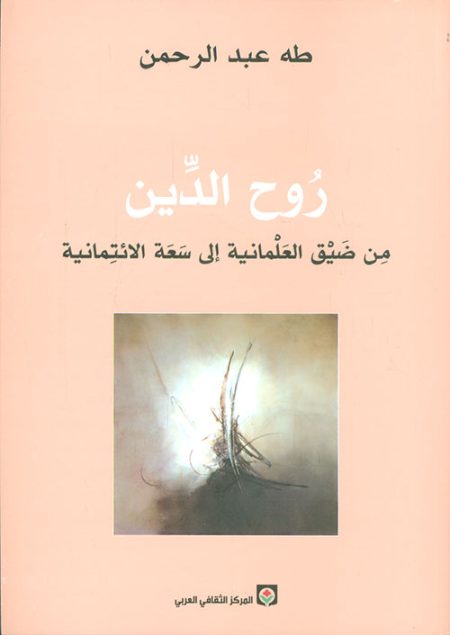
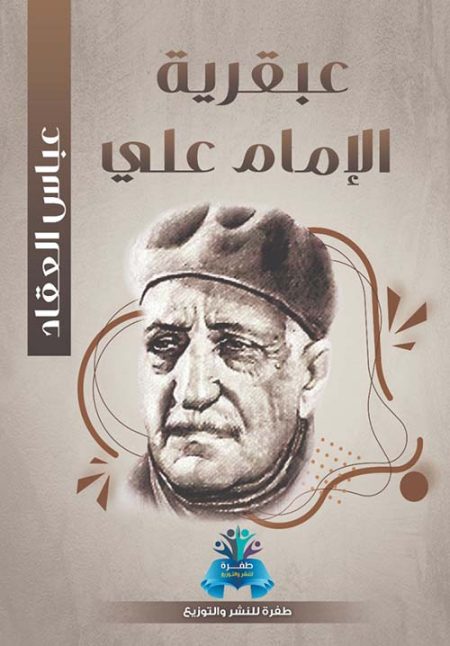
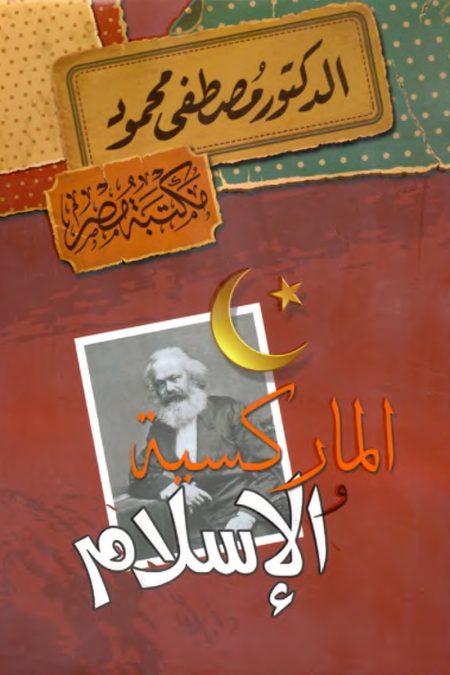
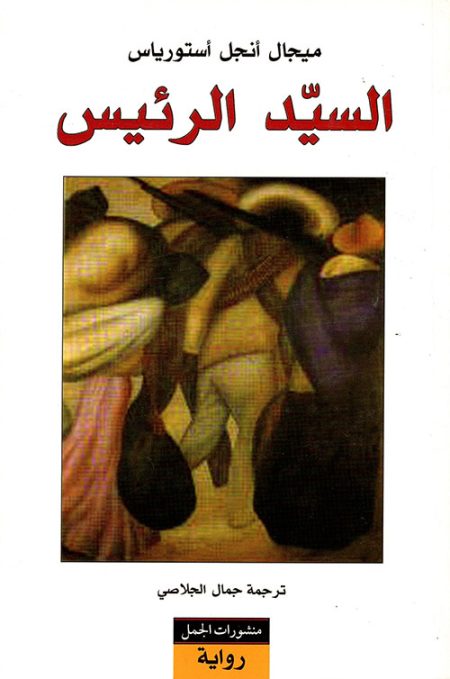

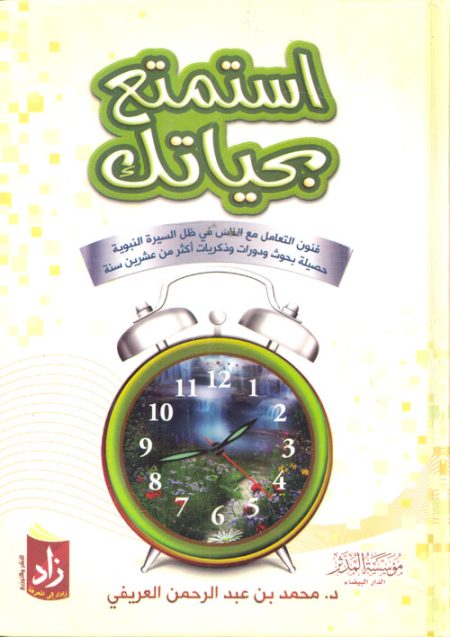



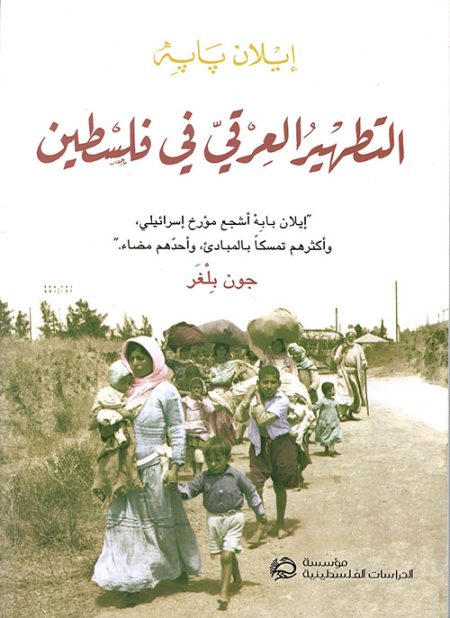
Reviews
There are no reviews yet.